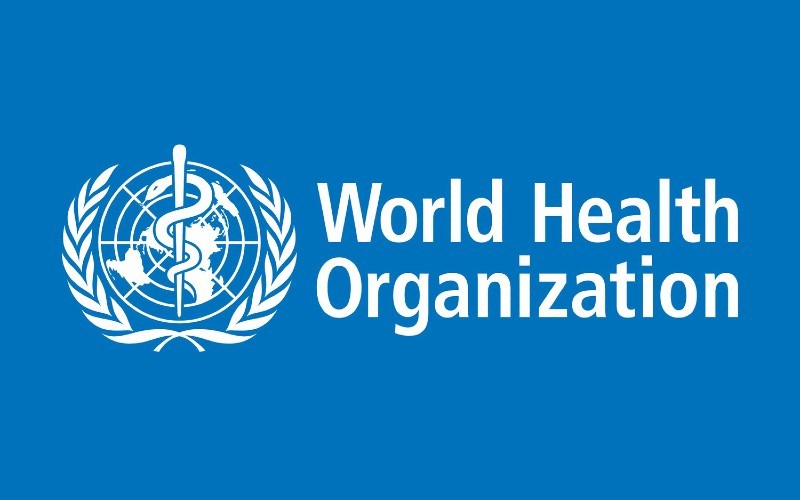Government restrictions on daily life during the COVID-19 pandemic remain fresh in the minds of many Americans. Just two weeks ago, President Joe Biden signed a bipartisan congressional resolution to bring the national emergency to a close after three years. National emergency status had given sweeping powers to the government. Biden opposed ending the emergency but also said he would not veto the legislation.
During a recent radio broadcast of "Understanding the Times," Michele Bachmann – who served Minnesota's sixth district from 2007-20015 and was a GOP candidate for president in 2012 – informed the audience the Biden administration is now seeking to give broad authority to the World Health Organization (WHO) that would allow it to make binding health care decisions for the United States.
Bachmann warned that the move would change the WHO, a sub-group of the United Nations, from merely an advisory board to one empowered to declare emergency status for 194 nations on Earth.
"We're just coming out of three years of being under emergency power. We know what that's like, where we lose some of the most basic civil rights that we've ever had. That's what's at stake here," Bachmann told host Jan Markell, founder of Olive Tree Ministries. "We saw how difficult life was under the pronouncements of President Biden, Dr. Fauci and the Centers for Disease Control, but that's only because they were already following whatever the World Health Organization.
"So, we've had a pretty good taste of what life could be like under a one-world international dictator. That is what this would be. That's not an exaggeration."
The amendments are to be considered at the meeting of the World Health Assembly in Geneva, Switzerland in late May.
Liking it on the Left
Little has been written or said of these proposed changes, and opposition is not likely to come from Democrats, according to Bachmann. "Because they see the agenda that they like could be implemented. There's more control, and they're the ones who call the shots," she said.
But she argues the Left may not be fully contemplating the ramifications of this change.

"For instance, if you're pro-abortion or you want to control people on how they can move or travel, then you're all in favor of something like this. But you may not fully understand what this level of control could really mean for you or for your family: You have to be a favored person with the dictatorship in order to be able to travel or move or live your life in the way you've been used to," Bachmann explained.
There are two possible tracks for change, the former GOP lawmaker said. One is through what would be called a "global pandemic treaty," the other through redefining the scope of the WHO by changing amendments at the World Health Assembly.
Rep. Andy Biggs (R-Arizona) and Sen. Ron Johnson (R-Wisconsin) have worked to highlight the issue but with little traction. Johnson proposed that any global pandemic treaty that included the U.S. would have to pass through the Senate for resolution, but his amendment was voted down by Democrats in the Senate. It's also been on the radar for Sen. Kevin Cramer (R-North Dakota).
"The Democrats who control the U.S. Senate defeated Ron Johnson's amendment, so we now know where the Senate is at. They're all for empowering the World Health Organization and giving them this platform for global governance," Bachmann observed.
House member Biggs has proposed House Resolution 79 which would require the president to immediately withdraw from the WHO and would prohibit use of any federal funds for U.S. participation in the WHO. The resolution would also repeal the 1948 act authorizing the U.S. to join the WHO.
Why are we not hearing about this?
 In spite of the senators and HR 79, there doesn't appear to be much discussion about U.S. involvement in the WHO – and that concerns Bachmann.
In spite of the senators and HR 79, there doesn't appear to be much discussion about U.S. involvement in the WHO – and that concerns Bachmann.
"Most members of Congress have never even heard of this issue because our media is a completely monolithic homogenized voice. We don't hear any alternative voices to the mainstream media. Most people don't get to hear what the truth is," she said.
The other reason for silence, she continued, is that most in Congress fight to keep from drowning in the daily grind and aren't giving much thought to something that seems too hard to believe.
"I served in the United States Congress for eight years. I know what it's like, and I used to jokingly say Congress is always the last to know – and it's true because members of Congress lead a very different life," Bachmann said.
"Most of their life is spent raising money, meeting with constituents, meeting with various lobbyists, doing all of the 90% of the things they have to do which are nonsense. When they're actually focusing on the issues in front of them, which may consume 10% of their time, they just don't have time to know everything that's going on – and this [issue] sounds so far out."
But the threat is real, Bachmann states – and argues that a grassroots campaign of phone calls to the Capitol switchboard and a social media takeover will be necessary to bring the issue to light.
In summary …
Next month in Geneva, Switzerland, the Biden administration will seek to change the rules that would effectively grant full sovereignty over health care to the World Health Organization. Bachmann explains that not only would that create, for the first time in history, a legal platform for one-world government; it would also give one person, the director general, power to declare a health care emergency.
"He could restrict our right to travel, mandate vaccines or treatments or lockdowns, and we would have no right of appeal," she summarizes. "And it's our government, the Biden government, that is leading this aggressive effort to give up power to the UN.
"Once you give up American power to the UN, it's very difficult to get it back – and that's slated to happen the last week of May in Geneva."







